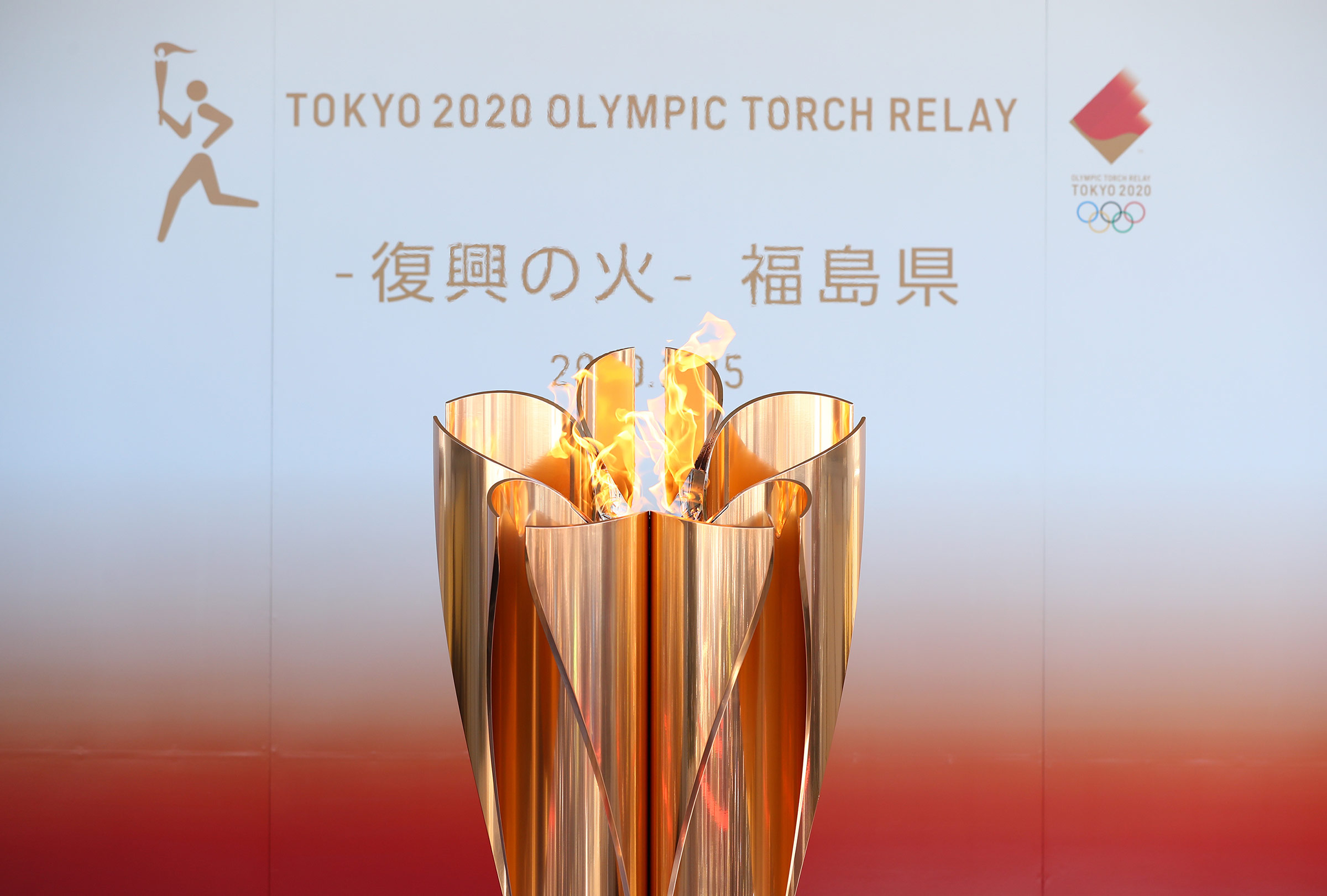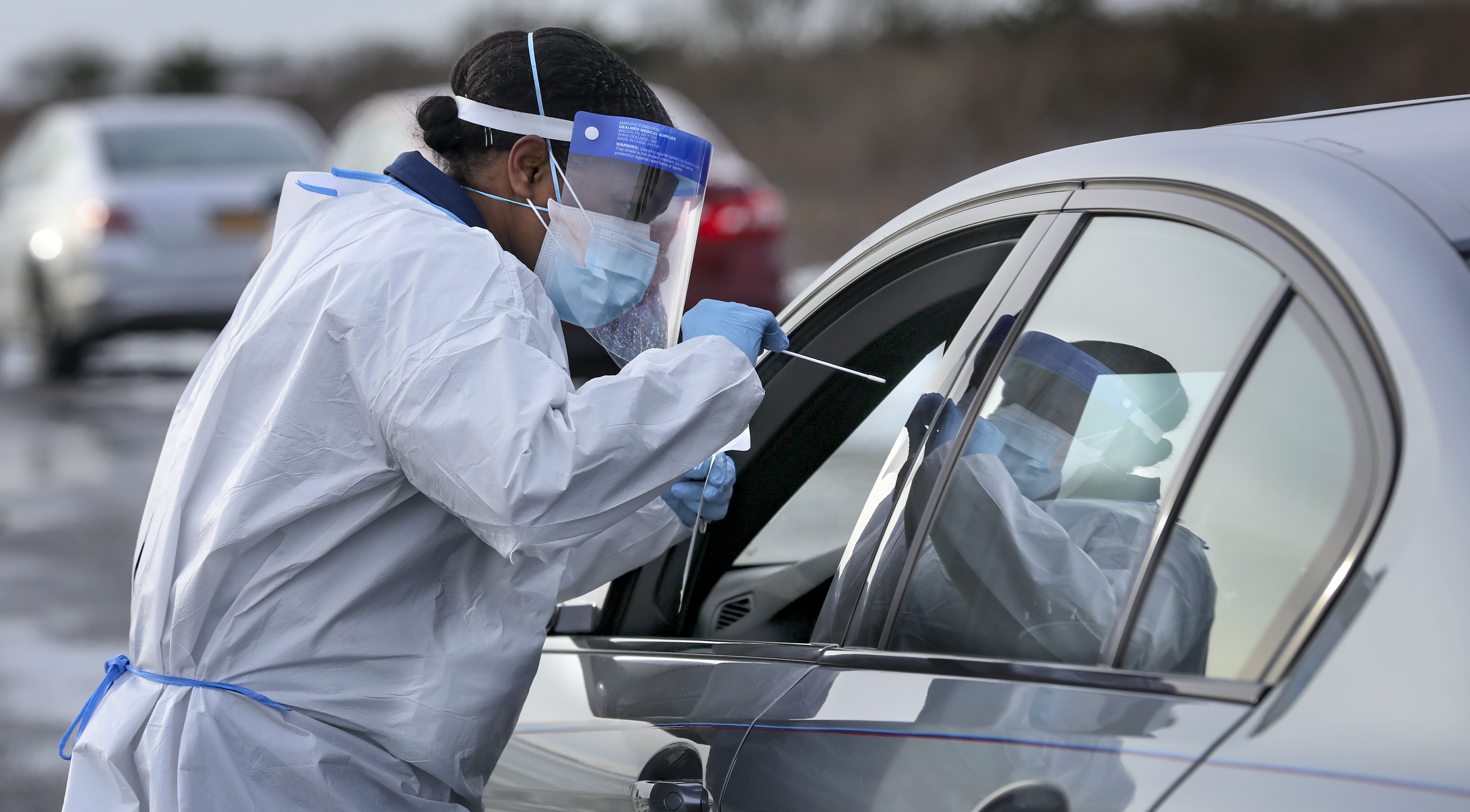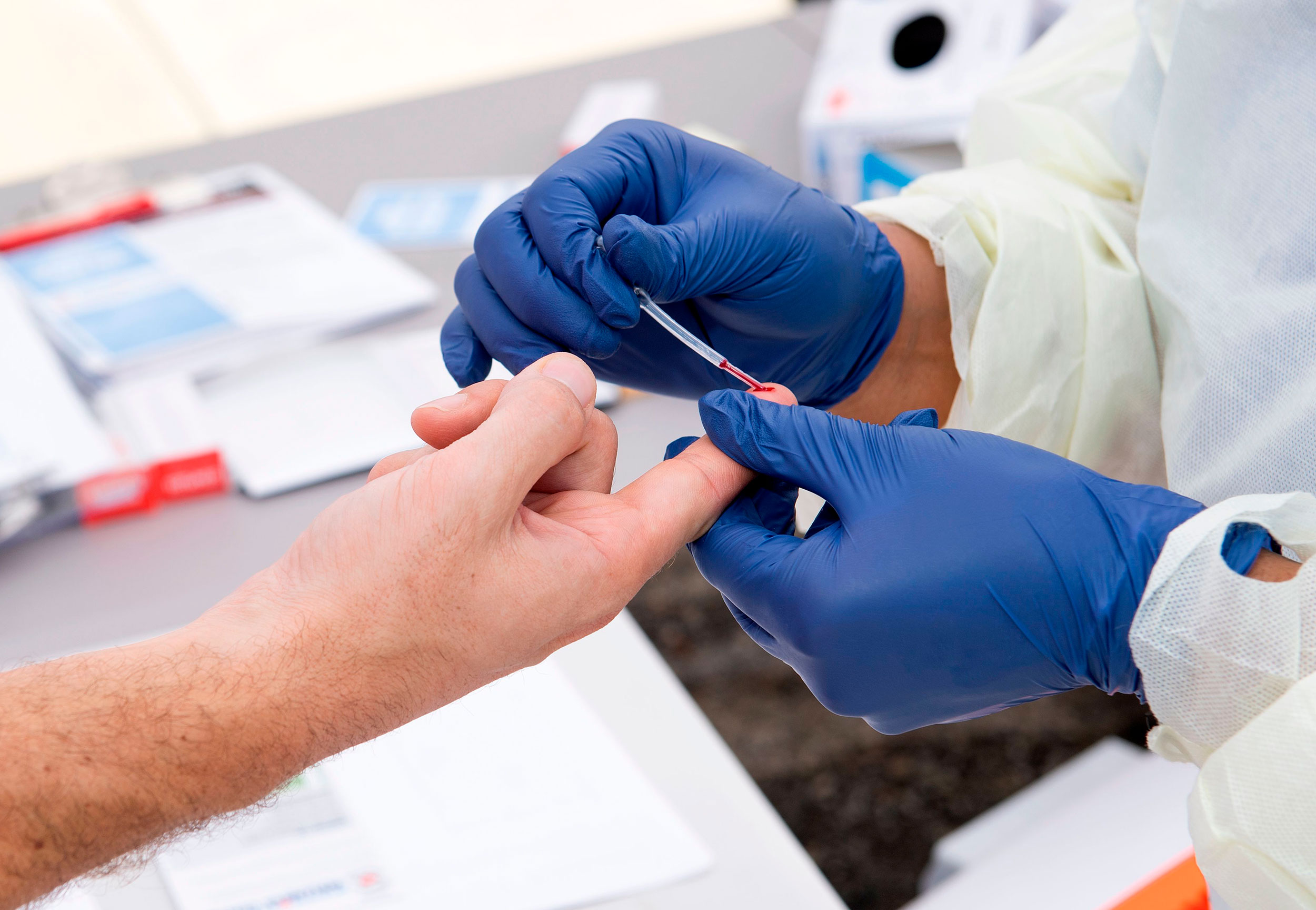
The Tokyo 2020 Olympic Torch Relay will start in Fukushima prefecture on March 25, 2021 with several Covid-19 countermeasures in place, officials announced on Thursday.
The Olympics were originally scheduled for last summer, but were postponed until this year due to the pandemic. In recent months, the Games have been a point of controversy, with rumors of cancelations as Japan deals with a vicious wave of cases -- but authorities have insisted the event will go ahead.
The torch will first go through regions affected by the devastating 2011 Tohoku earthquake and tsunami marking the disaster's 10th anniversary, before traveling “around every corner of Japan," officials said.
Covid-19 countermeasures include avoiding “the 3 C’s: closed spaces, crowded places, close-contact settings.” Those who wish to view the relay from the roadside must wear masks, stay home if they feel unwell, and refrain from traveling outside the prefecture they live in.
Spectators are also told to “support with applause or by using distributed goods rather than by shouting or cheering.” The relay will also be streamed live online.
Torchbearers will be required to fill out a daily health checklist two weeks before the relay and refrain from activities that may involve a risk of infection, such as eating out or going to crowded places, officials advised.
“The Olympic Torch Relay will be an event for everyone, and amidst the global threat of Covid-19, it will give hope and courage to people all over Japan,” Tokyo 2020 officials said in the statement Thursday.
Covid cases: The announcement comes as Japan recorded 912 new infections and 63 deaths from Wednesday, according to the country's health ministry. That raises the national total to 429,265 cases and 7,660 deaths.




